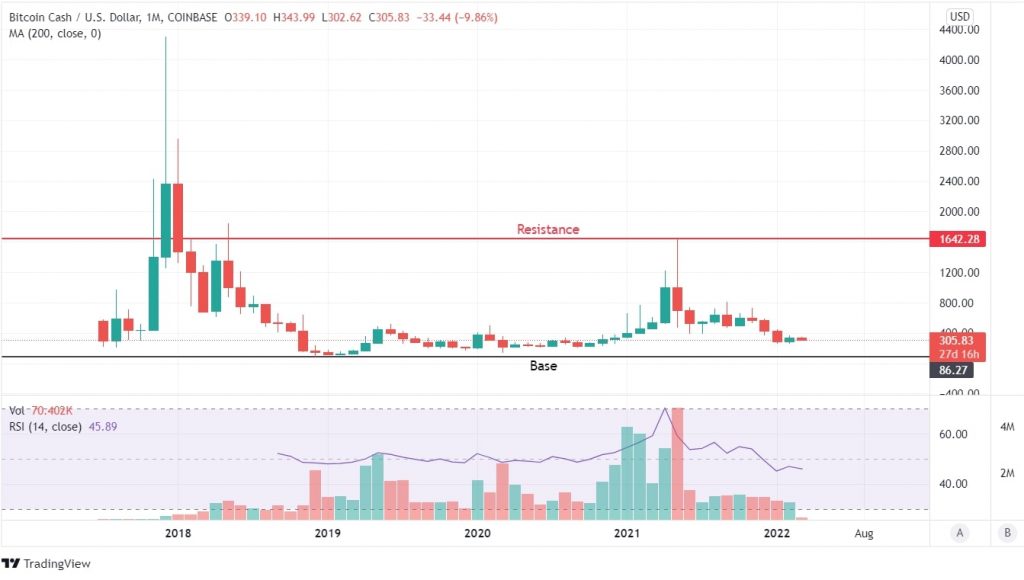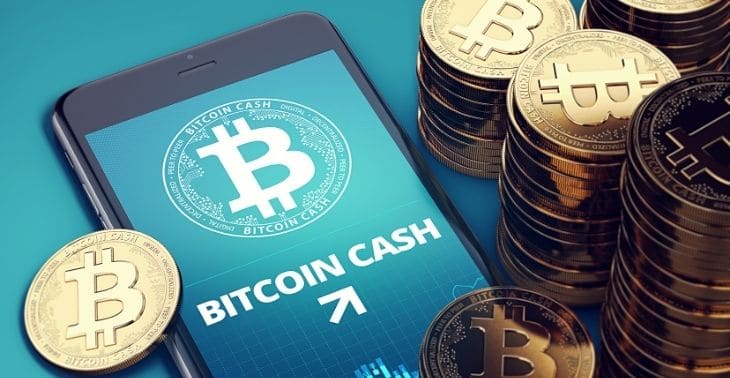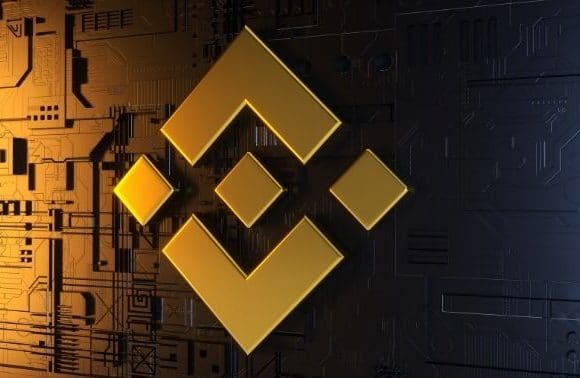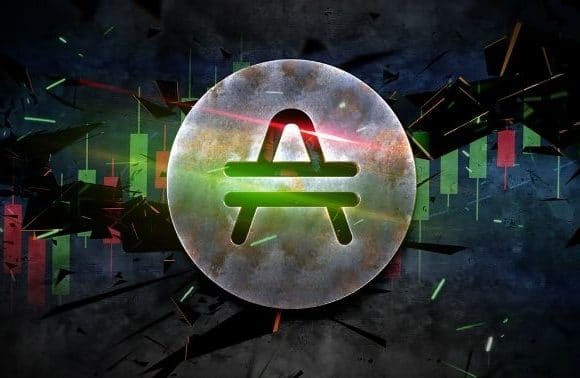Bitcoin’s popularity has remained unrivalled even after 13 years of its releases. But, it’s not the only coin available in the market with original Bitcoin views. A hard fork is a term prominently used in the crypto community to indicate a split in ideologies. As the underlying protocol guiding a blockchain is proposed to be changed radically from its previous views, the procedure is called a hard fork. It often results in the creation of two different blockchain versions, and so the originated the story of Bitcoin Cash. BTC was created as a permissionless decentralized peer-to-peer transaction network using its dedicated digital currency, BTC.
Bitcoin Cash emerged in 2017 as a spin-off from the original protocols of BTC that emphasized increasing the scalability of the currently established protocols. As BTC grew in terms of occupation, its transaction time spiked from 4 seconds to minutes and kept on growing as the number of Bitcoin users grew. Developers, miners, and users proposed an idea to modify BTC’s underlying protocols, which ultimately led to a split in BTC’s vision giving birth to Bitcoin Cash as we know it today.
Bitcoin Cash has two primary advantages of the BTC blockchain protocols, which include increasing the size of blocks so that more information can be processed in one given time. This newly developed blockchain was renamed from Bitcoin ABC to Bitcoin Cash in July of 2017. The increase in block size ultimately resulted in a network with a higher number of transactions per second. BCH holds a net liquid value close to USD 5.8 billion, ranking 27th in terms of market capitalization.
Bitcoin Cash (BCH) Price Analysis

Bitcoin Cash was a huge success in the very first year of its launch as we witnessed a hype movement from $217 to the highs of $4300, replicating the success of Bitcoin. Well, BCH was an instant success because of its faster transaction speeds and lower gas fees. On the one hand, where BTC transactions were taking up to 30 minutes with fees of up to $50 in 2018, BCH was a complete revolution at the time. Since the limitation of higher gas fees was largely reduced by BTC, BCH’s market capitalization remained stagnant even after a higher no of transactions because of higher block solving resources at BTC. Furthermore, Bitcoin Cash too split into a hard fork creating Bitcoin SV resulting in further weakening of BCH’s ecosystem.
Despite the prices hitting multi-level highs again in 2021, we have again witnessed a similar price trend shown after the spike of 2018. The question arises, whether or not can BCH overcome its limitations and can grow in terms of value is the bigger question. Traders should explore BCH projections to find more details on the future of Bitcoin Cash.
Despite offering better Tokenomics than BTC, the storage value of Bitcoin weighs on further growth prospects of BCH. With prices falling more than 75% in just four months, $200 – $300 comes out as strong buying levels. Even RSI has been trading under the buying sentiments of its first crash in 2018. As such, investors of BCH should weigh in their decisions before buying this cryptocurrency at peak valuations.



